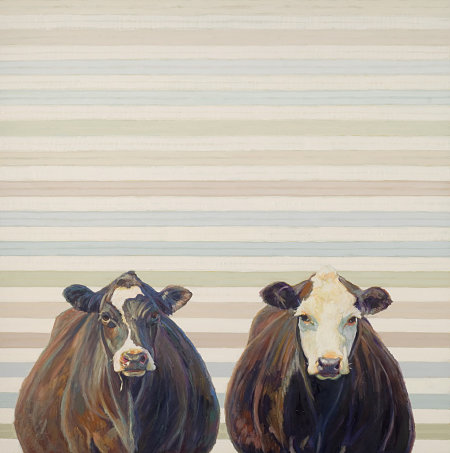
The Piano Room
“Come in, Jenny,” he’d say. “You’re welcome.”
Happily, she’d accept his invitation, enter the room, take her seat. The small armchair with the peach satin back positioned just off to his right and slightly behind so as to be out of his direct line of vision.
“Your pleasure, my dear?”
“Some Brahms, I think. No, Chopin.”
Today silence, not her husband, welcomes her. Silence runs up her back and arranges itself like a hat on her head as she takes her seat in the peach satin armchair to the right of his Chickering baby grand. Silence scampers across the hardwood floor and nestles between her toes. Silence hovers around the picture frames above her head and casts its shadow from the Venetian chandelier.
The bench where her husband had sat and in which he had kept his music—the music still there, piled high beneath the lid—is pulled away from the keyboard as he had pulled it away, just far enough to give a tall man's knees the room they require.
Your pleasure, my dear?
The hard straight lines of the bench are at odds with the gentle sweep of the piano, that generous curve that pulls in near the center as if drawing in breath and bellows out again, round and full, at its extremity.
Some Brahms, I think. No, Chopin.
Silence clutches at her stomach and hollows her heart. Silence passes through her hair and creates an ache behind her teeth. Silence, like a suicide from a bridge, sails from an arm of the chandelier, grabbing at dangling crystal pendants along the way as if, reconsidering, to break its fall.
All the music that has been played in this room over the years laps against the wainscoting like a muted tide. All the Beethoven and Brahms, all the Mozart and Chopin, all the Rachmaninoff and Tchaikovsky, the Debussy and Ravel, all the Romantics who spoke to his soul. Music is interred in the walls as he is now interred. To all the rest, their twenty-five-year marriage, their days of reaching out and drawing back and reaching out again, their nighttime bouts of passion, their sleeping and waking in each other’s arms, their dreams of tomorrow, silence speaks.
Like something floating in a dream, her life has slipped away. Only in sleep, half-sleep, memory, fantasy does she have it back.
A French bistro on Third Avenue. A table in the corner. Empty water glasses long forgotten by their server. Her secret wish for the server to go on forgetting the glasses, forgetting them. Clutching her husband’s hand across that table or in a movie theatre in the dark. A whiff of whisky on his breath. My Jenny. My sweet. The feel of his corduroy trousers, the musky smell near the crotch. In dreams, in reverie, she has it back. A ride in the Alpha Romeo down the eastern coast of Italy. The ferry at Brindisi. Swimming in the Aegean. White beach, golden sun, nighttime stars. The earth, his face.
I have lived.
Her husband, her son, the three of them together, it was her life, it cohered. Her husband and herself alone, the boy now a man on his own, still it cohered. Then that first day of silence and the next and the next, and the weeks and months that followed and all that she took to be herself, her life, gradually slipping off to one side like a train onto a siding. Not far, just far enough so as no longer to cohere.
